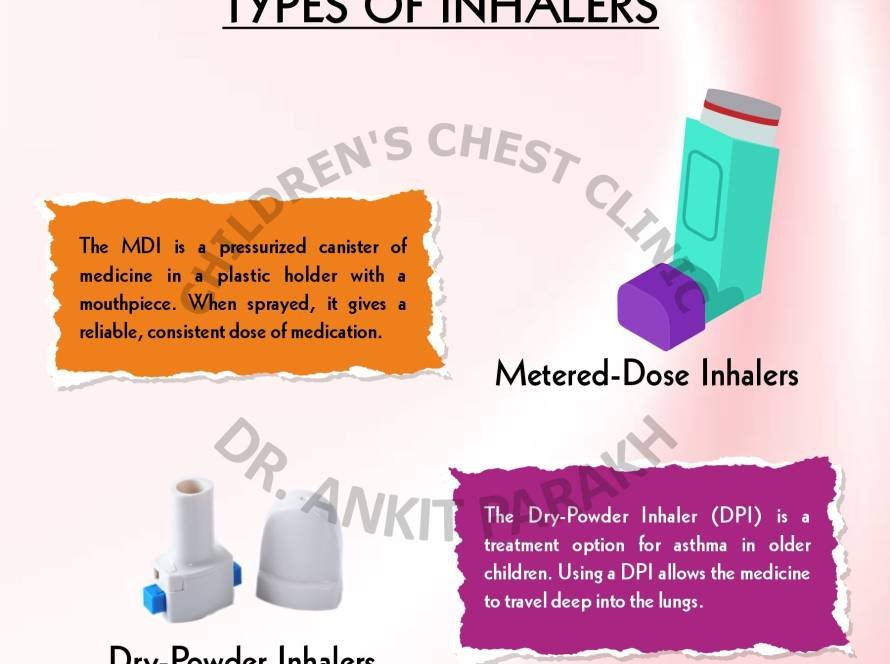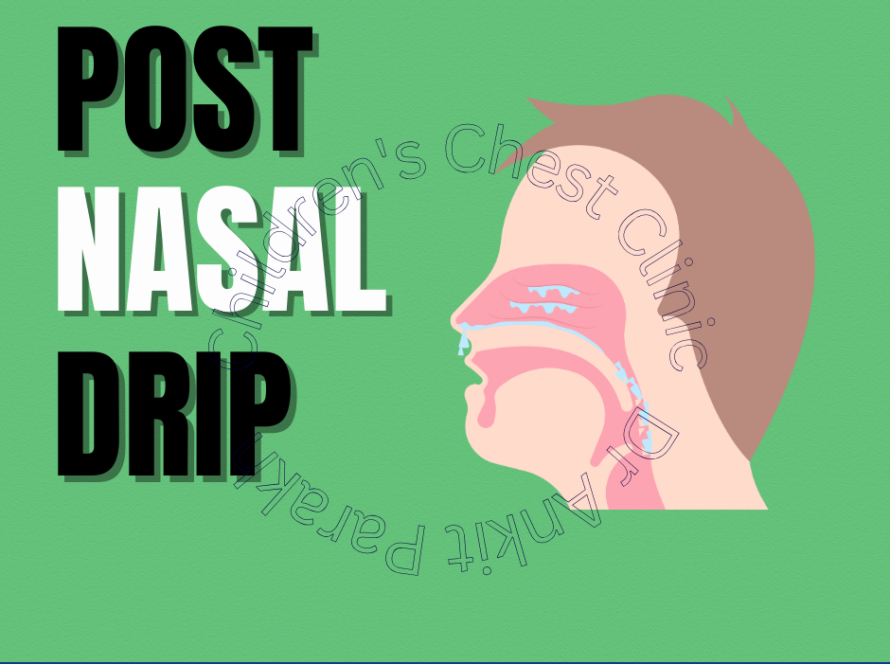Hypoallergenic Pets: Do they actually exist?
Pets can be lovely to have at home but sometimes can lead to allergies like asthma, nasal and eye allergies making life miserable. Children with pet allergies experience sneezing, runny nose, itchy & watery eyes, coughing, chest tightness, wheezing and breathlessness when they come into contact with their pet cat or dog. Pet lovers find it difficult to imagine their life without their companion pet.
This has led to an upcoming discussion on “hypoallergenic pets,” which are considered by some to be a good option for patients with pet allergy.
What do you think causes allergies to pets?
It is a common belief that the pet’s fur is the cause of an allergic reaction. On the contrary, allergy reactions are caused by proteins found in pet dander (shed skin), saliva and urine. These dried small particles get circulated into the house and get studded into places like carpets, upholstered furniture, beddings etc. Particles also remain suspended in the air for long times and get inhaled leading to symptoms. Cat allergen is lighter and very sticky leading to considerably more problems compared to dog allergen.

Can dogs and cats be hypoallergenic?
It is a common assumption that certain breeds of cats and dogs are hypoallergenic since they are hairless. This assumption is although not true since pet allergies are not caused by fur from the pets but dander, urine and saliva. So called hypoallergenic pets produce equal amounts of allergen and hence can lead to similar allergy problems.
What are the options available for pet allergy people who wish to keep their pets?
People with mild allergies can manage things by taking a few measures. Regular grooming of the pets, keeping them out of the bedroom and regular cleaning of the house are helpful measures. Taking care of the other allergens that are leading to symptoms is important to manage symptoms.
Allergen immunotherapy or desensitisation can be considered in some situations.
If you have a pet at home and are having allergy related symptoms get in touch with a pediatric allergist for proper advice, diagnosis and treatment.






